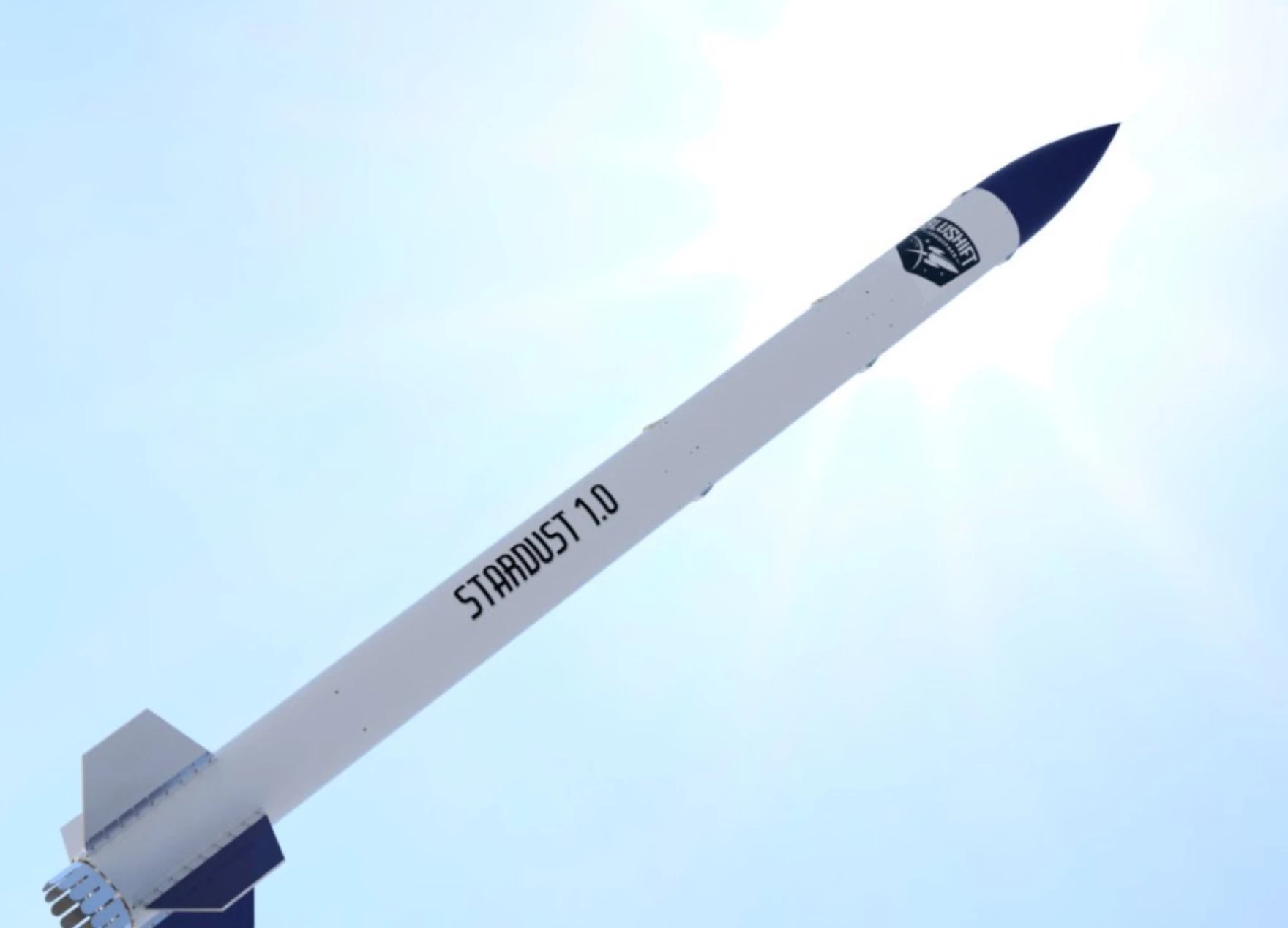New Mars Forums
You are not logged in.
- Topics: Active | Unanswered
Announcement
#1 2021-01-31 19:41:07
- SpaceNut
- Administrator
- From: New Hampshire
- Registered: 2004-07-22
- Posts: 29,944
Brunswick-based bluShift Aerospace launches prototype rocket
Just happened on this....
Maine company successfully launches prototype rocket
Brunswick-based bluShift Aerospace launched a 20-foot (6-meter) prototype rocket, hitting an altitude of a little more than 4,000 feet (1,219 meters) in a first run designed to test the rocket's propulsion and control systems.
It carried a science project by Falmouth High School students that will measure flight metrics such as barometric pressure, a special alloy that's being tested by a New Hampshire company — and a Dutch dessert called stroopwafel, in an homage to its Amsterdam-based parent company. Brunswick-based bluShift Aerospace launched a 20-foot (6-meter) prototype rocket, hitting an altitude of a little more than 4,000 feet (1,219 meters) in a first run designed to test the rocket's propulsion and control systems.
It carried a science project by Falmouth High School students that will measure flight metrics such as barometric pressure, a special alloy that's being tested by a New Hampshire company — and a Dutch dessert called stroopwafel, in an homage to its Amsterdam-based parent company.
Gee first peep of this company... wow
The company, which launched from the northern Maine town of Limestone, the site of the former Loring Air Force Base, is one of dozens racing to find affordable ways to launch so-called nano satellites. Some of them, called Cube-Sats, can be as small as 10 centimeters by 10 centimeters.
“We are going to be the Uber to space, where we carry one, two or three payloads profitably.”Another aspect that makes bluShift's rocket different is its hybrid propulsion system.
It relies on a solid fuel and a liquid oxidizer passing either through or around the solid fuel; the result is a simpler, more affordable system than a liquid fuel-only rocket,
Bio fuel so it ecological safe for the environment.
The goal is to create a small rocket that could launch a 30-kilogram (66-pound) payload into low-Earth orbit, more than 100 miles (160 kilometers) above Earth's surface. Lockman said orbit could be possible by 2024.
The company has spent $800,000 on research and development, with some of the money coming from NASA.
Wow small packages to orbit...
Offline
Like button can go here
#2 2022-08-06 20:16:27
- SpaceNut
- Administrator
- From: New Hampshire
- Registered: 2004-07-22
- Posts: 29,944
Re: Brunswick-based bluShift Aerospace launches prototype rocket
Heard something in passing and just had to goggle follow up on it.
Maine rocket company says its next launch may be from a Down East island

change of plans
Rocket company will stay in Maine, but its next launch will be from Florida
Offline
Like button can go here
#3 2022-08-06 23:22:04
- kbd512
- Administrator
- Registered: 2015-01-02
- Posts: 8,352
Re: Brunswick-based bluShift Aerospace launches prototype rocket
I love stroopwafels. Lots of calories, but tastes great.
Anyway, if this new hybrid rocket becomes fully operational, it will be a first in orbital class rocketry. Let's hope they can provide a compelling value proposition to their potential customers. Their $10,000/kg launch cost estimate is still a steep price for access to LEO. Falcon 9 is currently averaging about $4,000/kg. We need to figure out how to bring down the cost of launch to something that universities could feasibly pay for to train a class of aerospace engineering and Earth sciences students. Part of their practical exam could be design, construction, and launch of a satellite. Elon Musk is talking about $10/kg for Starship Super Heavy, but even if he's "off" by a factor of 10X and it's $100/kg, all these smaller rockets are non-starters on cost grounds alone.
Offline
Like button can go here
#4 2022-08-07 05:56:26
- tahanson43206
- Moderator
- Registered: 2018-04-27
- Posts: 23,527
Re: Brunswick-based bluShift Aerospace launches prototype rocket
For SpaceNut and kbd512 re new topic ...
The costs to potential customers are NOT limited to the per kilogram cost.
The ordeal of trying to place a package on a SpaceX launch is costly.
The limit of available orbits is a burden.
The limit of available launch opportunities is definitely a burden.
However, the vision of kbd512, to find a launch method that would facilitate practical exercises by aerospace students is (to my way of thinking) well worth supporting.
Thanks to SpaceNut for finding this new company!
Perhaps costs will come down as the company gains experience.
(th)
Offline
Like button can go here